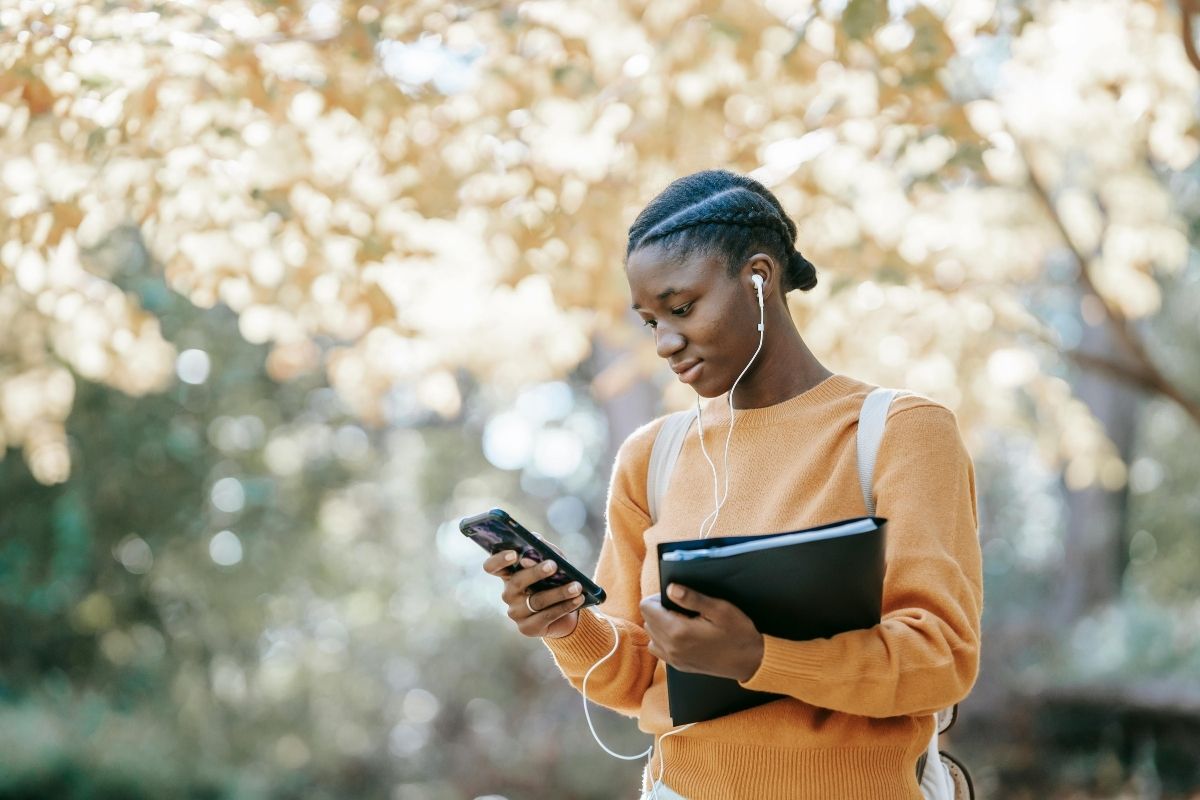Research Brief: Strengthening K-12 Cellphone Policies to Support Student Learning and Well-Being: Research-Based Guidance for U.S. Education Leaders
Type:
Authors:
Developed by:
This is a printable tool.
Click to download and review.
Overview
Cellphones have become part of students’ daily lives—powerful tools for learning, connection, and self-expression. At the same time, their use in schools can raise concerns around attention, stress, and safety. With more U.S. states moving toward regulation, education leaders have both a challenge and an opportunity to develop school cellphone policies that promote healthy, equitable, and effective technology use. This research brief translates developmental science and policy trends into evidence-based recommendations for K-12 leaders to support focused learning, healthy digital habits, and safer school environments.
Learning objectives
- Summarize current research findings on the impact of cellphones on learning and well-being from childhood to adolescence
- Apply strategies that support healthier digital habits in and out of the classroom
- Design and implement school cellphone policies that promote learning and well-being, align with students’ developmental needs, and are inclusive of all learners
- Understand how different U.S. school cellphone policies connect to research and anticipate the challenges schools face with implementation
Added on 9/17/2025 ·
Last updated on 9/17/2025
